

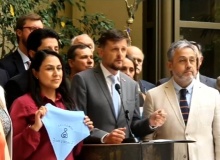
“We cannot accept the promotion of a free abortion law, while the crisis of vulnerable children continues to be forgotten”, said members of the national parliament.

The Congress Hall of Honour hosts the film ‘Amada’ and the signing of the Commitment to Life by senators and deputies from several parties.
.jpg)
Why did the angels play such a central role in the birth of Jesus? Some answers according to the Bible.

God does not act on whims or take things lightly. There is a very deliberate effort to vividly and indelibly impress His true calling upon the church.
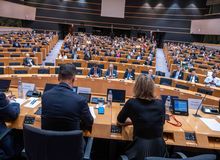
A panel discussion at the EU Parliament analyses the challenges of religious freedom in Europe. The European Prayer Breakfast was held before with around 450 guests.

Parliament voted to advance the Bill by 330 votes to 275. “This is te biggest proposed change to our social fabric in a generation”, Christians say.

There is no lack of mission-related passages in the New Testament; far from it. These are particular passages that provide a significant emphasis.
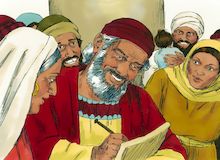
By adapting our communication to meet the needs and communication styles of those we know, we can enter more fully into their world.

Let’s not reduce Old Testament narratives to illustrations or children’s talks, but preach them as well as we can.
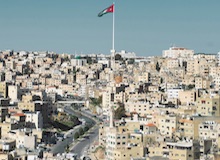
The country held parliamentary elections in September. The Islamic Action Front party won 31 seats, the largest number of seats for a party in parliament.
.jpg)
The exclusion of God from our lives inevitably leads to an escalation of violence, as James writes in his New Testament letter.

The arm of the Lord is a symbol of might and power that the nations should fear, and yet a symbol of tender strength that God’s people should trust.
.jpg)
“Pray that what is really in the hearts of the individual candidates is revealed”, says Oliver Stozek, leader of the Austrian Evangelical Alliance.

The summer of 2024 has been a unique time, and we thank God for all that he did through this period and also for the fruit he will produce.

We need an army of pragmatic Marthas, ready to serve and love their neighbour because they have first been an army of devoted Marys.

A Thomist answer and a preliminary evangelical critique.
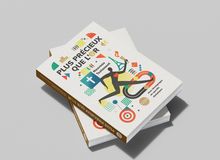
The French Bible Society launches “More precious than gold”, a special edition of the New Testament that features fifteen testimonies of Christian athletes.
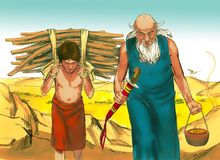
If Isaac had additional needs or disabilities, what does that say to us today?

What is the giant that is mocking you at the moment? Who is the 'Goliath' who makes you take a step backwards?
.jpg)
According to a survey, 42% of evangelicals planned to vote for Labour, which won a landslide victory. The EAUK “prays Psalm 72” for Keir Starmer, the next prime minister.

Ahead of the election of 4 July, a survey conducted by the Evangelical Alliance United Kingdom found that 93% of evangelicals would like to see more Christians engaged in politics.
.jpg)
The Roman Catholic sacramental system, infused with causal efficacy, turns out to be a mirror of pagan systems of rites of passage associated with birth, adolescence, marriage and death, says the Parisian theologian.
.jpg)
Evangelicals say elected representatives must be respected but “postures of hatred, invective rejected”. The RN says it will prioritise security and immigration restrictions.
.jpg)
The National Council of Evangelicals in France calls to work to make sure “divisions do not find their way into our communities”. Thierry Le Gall explains why there is a “divorce” between President Macron and Bible-believing churches.

Emmanuel Macron’s “haughty” ways are also losing evangelicals, who go from broadly supporting him to opposing the President’s restriction of religious freedom and his laws on abortion and euthanasia.

Las opiniones vertidas por nuestros colaboradores se realizan a nivel personal, pudiendo coincidir o no con la postura de la dirección de Protestante Digital.